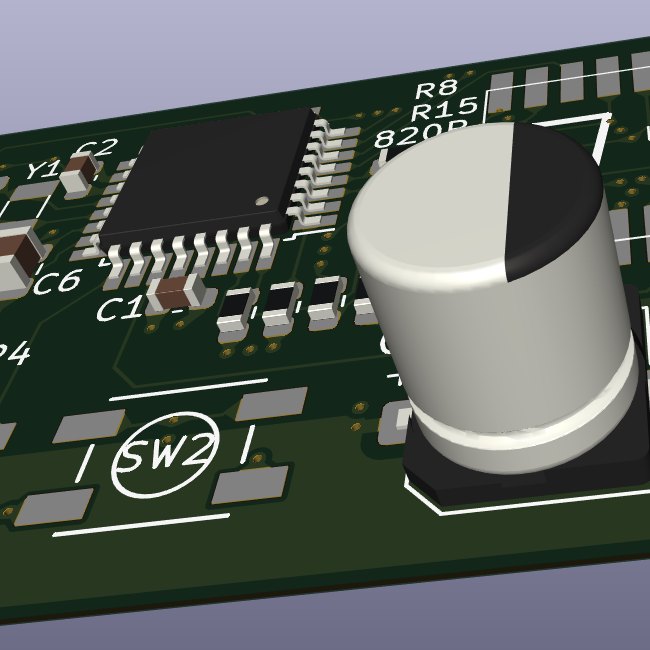While we live in a day-and-age of overwhelming microcontrollers, the Analog Sensor world continues. A few resistors, capacitors, and an amplifier (General Purpose, Zero-Drift, Instrumentation…) can likely still have far superior performance than $1, $2, or $3 microcontrollers in practice. Bandwidth, detection and analysis of microvolt-level signals, and all at lower costs.
Having a quickie “guidebook” for common configurations, indexed by application / sensor type is useful. Microchip made this .pdf and I personally found it very interesting. Hope everyone else likes it!
EDIT: Note that many of these circuits are available from an analog-chip. Ex: the current-sensor chips can be bought from Ti, Diodes, and other companies that have well-matched (and on-board) trimmed resistors, that basically implement the current-sensor circuit found in this document. So it still helps to know what’s out there and study the part-libraries from various companies.
That being said: remember that in the year 2023, 18-bit sigma-delta I2C ADC exist with programmable-gain stages (~7uV of resolution raw, maybe even more resolution with higher gains). So always compare/contrast against a digital solution which might be easier to code/build than trying to deal with noise / other analog issues… especially if you’re willing to sacrifice bandwidth and/or costs.

